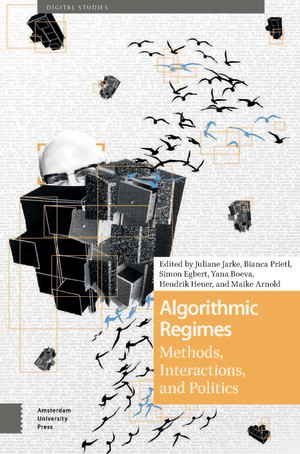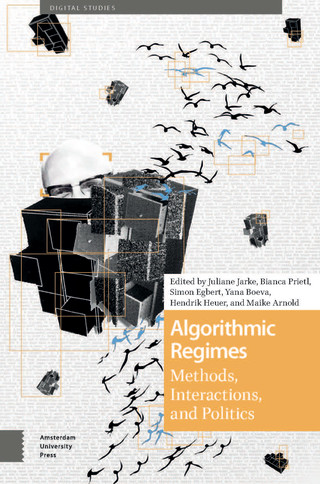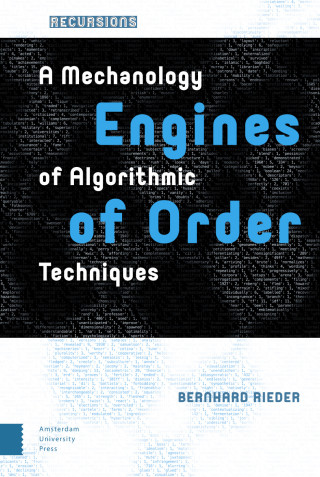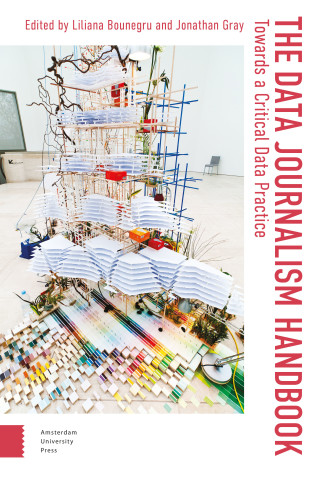“I’ve been waiting for a book like this. Both comprehensive and novel, it explores algorithms from a wide range of perspectives and angles. An almost endless source of insights, this book moves debates about algorithms forward on a number of fronts. It’s a text that will help us to come to terms with the ongoing automation of the social world.”
— David Beer, Professor of Sociology, University of York
“This insightful collection of essays delves into the intricate landscapes of algorithmic regimes, offering valuable perspectives on the connections between new modes of algorithmic knowledge production, decision-making, and the social dynamics at play. A must-read for anyone seeking to navigate the complex terrain of algorithmic power and its impact on our lives.”
— Taina Bucher, Professor in Media and Communication, University of Oslo
"Algorithmic Regimes: Methods, Interactions, and Politics is an insightful and stimulating collection that addresses the increasing presence of algorithms in our societies. It brings together concepts and methods from a broad set of disciplines, and the encounter between these perspectives makes for a thought-provoking read. I highly recommend this book to students and researchers who want to know more about algorithmic regimes and how to study them, in particular those who are looking to broaden their horizons beyond their own discipline."
— Bernhard Rieder, Associate Professor of New Media and Digital Culture, University of Amsterdam
"The rampant spread of algorithms has shifted the focus of research from technological issues to social impact. The concept of algorithmic regimes proposes a much required conceptual frame for addressing this development and its many challenges. This book will be a highly relevant reference for all research on the digitized society."
— Elena Esposito, Professor of Sociology, Bielefeld University and University of Bologna
"Algorithmic Regimes offers a great starting point for understanding how existing theories can be applied to contemporary technology."
-Lina Rahm and Jörgen Behrendtz,Postdigital Science and Education, vol. 43, 2024





